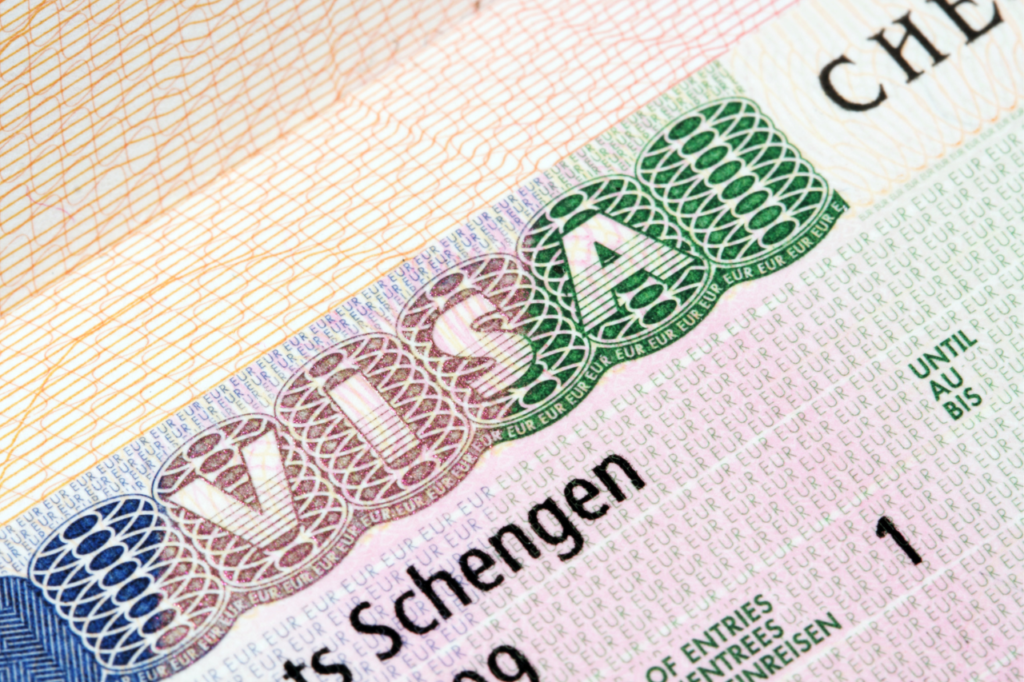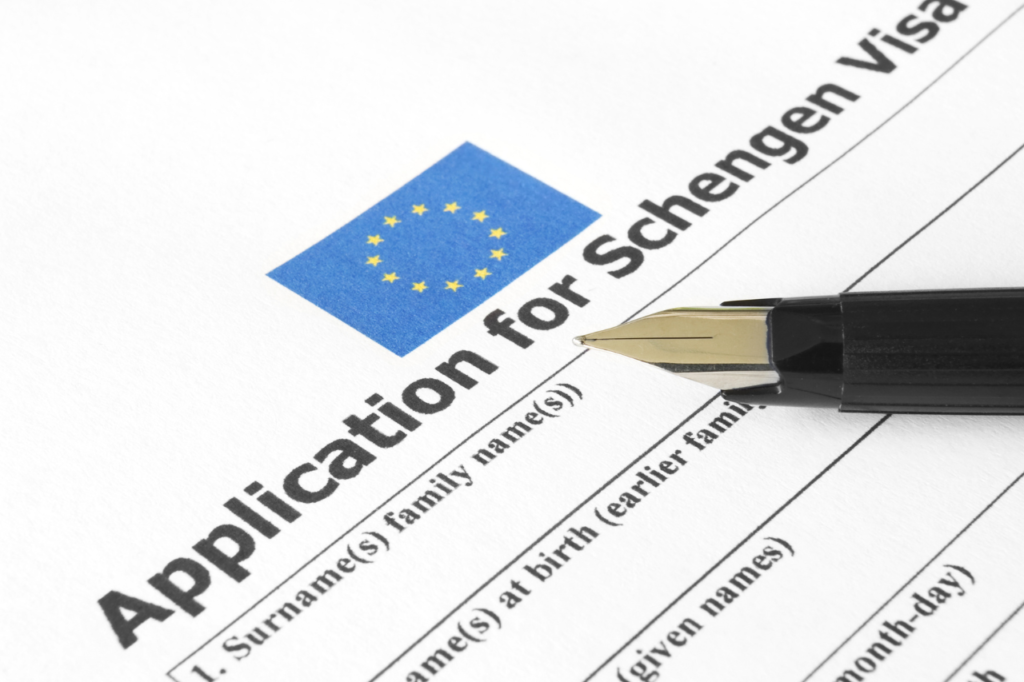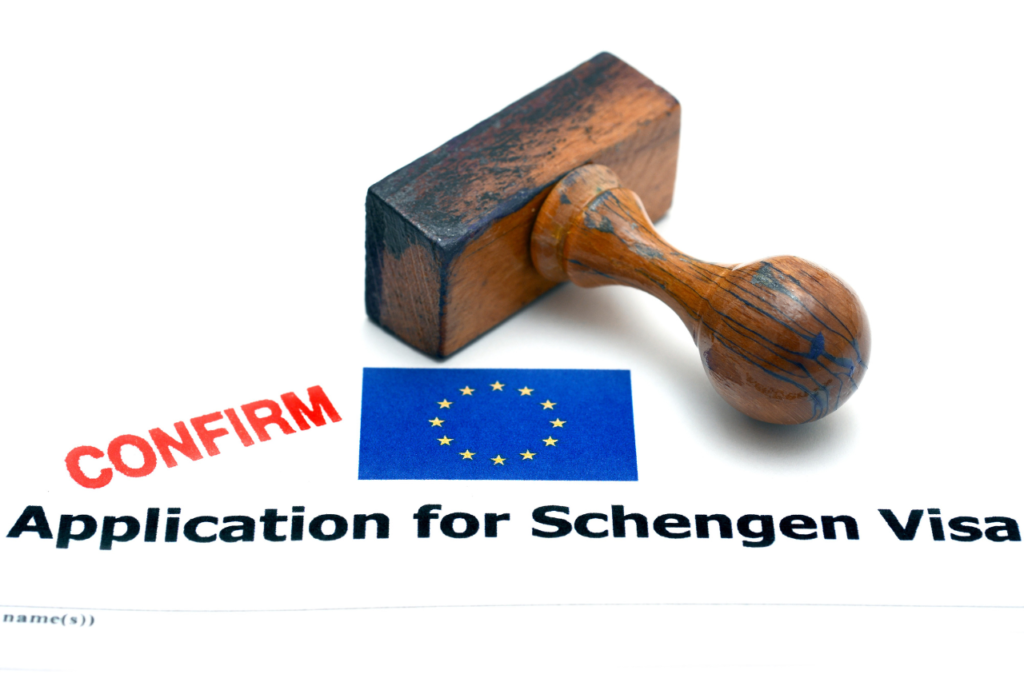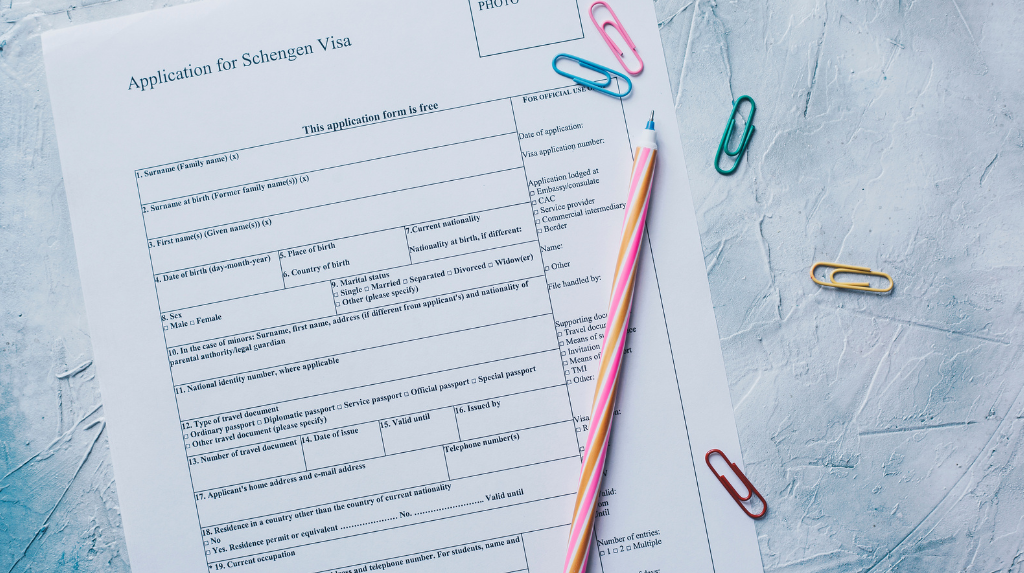A crucial aspect of planning your journey is understanding the financial implications associated with the visa application process. In this comprehensive guide, we will delve into the cost of obtaining a Schengen visa in Nigeria, exploring the various components that contribute to the overall expenses, and offering valuable insights for prospective travelers.
Understanding Schengen Visa Costs:
The cost of a Schengen visa is influenced by several factors, and applicants should be aware of the various components that contribute to the overall expenses. Key considerations include:
Type of Visa:
The Schengen visa is available in various categories, each catering to different purposes of travel. Common types include the Schengen Tourist Visa, Schengen Business Visa, and Schengen Family Visit Visa. The type of visa you apply for will impact the associated costs.
Age of the Applicant:
Schengen visa fees are often categorized based on the age of the applicant. Adults, children, and certain age groups may have different fee structures. Children below a certain age may, in some cases, be exempt from fees.
Country of Application:
The specific Schengen country to which you are applying determines the applicable visa fees. Each country may set its fee structure, and these fees can vary among Schengen Area member states.
Currency Exchange Rates:
Visa fees are typically denominated in euros. Therefore, applicants need to consider currency exchange rates when calculating the cost in their local currency (Nigerian Naira).
Breakdown of Schengen Visa Costs:
To provide a comprehensive understanding of the costs associated with obtaining a Schengen visa in Nigeria, let’s break down the key components:
Visa Application Fee:
The primary component of the cost is the visa application fee. This fee is non-refundable and must be paid when submitting the visa application. The amount can vary by country and type of visa.
Visa Type:
Different visa types have different fee structures. For instance, a Schengen Tourist Visa may have a different fee than a Schengen Business Visa. The fee for long-stay visas (such as for employment or study) may also differ.
Children and Minors:
Some countries provide reduced or waived fees for children below a certain age. Minors traveling with their parents may benefit from these reduced fees.
Exemptions:
Certain individuals, such as diplomatic passport holders, may be exempt from paying visa fees. Additionally, some categories, like close family members of EU citizens, may be eligible for fee exemptions.
Service Charges:
In some cases, applicants may need to pay service charges to visa application centers or agencies facilitating the application process. These charges are separate from the visa application fee.
Biometric Data Collection:
Some countries may require biometric data collection, including fingerprints. The cost associated with this process, if applicable, is another consideration.
Schengen Visa Fees for Nigerians:
While specific visa fees can vary among Schengen countries, it’s valuable to provide an overview of the general range of fees that Nigerians may encounter when applying for a Schengen visa. Please note that these figures are indicative, and applicants should always refer to the official website of the specific embassy or consulate for the most up-to-date information. As of the last available information:
Schengen Visa Fee (Adult):
The standard visa fee for adults is typically in the range of 60 to 80 euros. This fee applies to the majority of visa types, including tourism, business, and family visits.
Schengen Visa Fee (Children 6-12 years old):
Children in the 6 to 12 age group may benefit from reduced fees, ranging from 35 to 40 euros.
Schengen Visa Fee (Children below 6 years old):
Children below the age of 6 are often exempt from paying visa fees. However, this exemption may vary among countries.
Service Charges:
Service charges, if applicable, can range from 20 to 30 euros. These charges cover the administrative costs associated with processing visa applications.
Biometric Data Collection:
The cost of biometric data collection, including fingerprints, may range from 5 to 15 euros. This is often a separate fee and is not included in the standard visa application fee.
It’s essential to emphasize that visa fees are subject to change, and applicants should verify the latest information from the official website of the embassy or consulate of the specific Schengen country to which they are applying.
Factors Influencing Schengen Visa Costs:
Several factors can influence the overall costs associated with obtaining a Schengen visa in Nigeria. Being aware of these factors can help applicants plan their budget effectively:
Number of Entries:
The number of entries permitted by the visa can impact costs. Single-entry, double-entry, and multiple-entry visas may have different fee structures, with multiple-entry visas generally being more expensive.
Duration of Stay:
The duration of stay allowed by the visa may influence costs. Short-stay visas, which allow stays of up to 90 days within a 180-day period, are standard. Long-stay visas, for purposes like employment or study, may have different fees.
Urgent Processing:
Some embassies or consulates offer expedited or urgent processing for an additional fee. Applicants requiring a quicker turnaround time may opt for this service, but it is not always guaranteed.
Country-Specific Policies:
Each Schengen country may have its policies regarding visa fees. Changes in policies, updates, or adjustments to fee structures can impact the overall cost.
Currency Fluctuations:
Visa fees are denominated in euros, and currency exchange rates can affect the cost in Nigerian Naira. Applicants should consider potential fluctuations in exchange rates when budgeting for the visa.
Inflation and Administrative Costs:
Over time, visa fees may be adjusted to account for inflation and changes in administrative costs associated with processing applications.
Tips for Managing Schengen Visa Costs:
To effectively manage the costs associated with obtaining a Schengen visa from Nigeria, consider the following tips:
Early Planning:
Initiate the visa application process well in advance of your intended travel dates. Early planning allows for budgeting and avoids last-minute financial stress.
Research Visa Types:
Understand the specific visa type required for your travel purpose. Different visa types may have varying fee structures, and selecting the appropriate category is essential.
Check Fee Exemptions:
Explore if you are eligible for any fee exemptions. Diplomatic passport holders, certain age groups, and specific visa categories may qualify for reduced or waived fees.
Budget for Additional Charges:
In addition to the visa application fee, budget for potential additional charges, such as service charges and biometric data collection fees.
Verify Payment Methods:
Confirm the accepted payment methods for visa fees. Some embassies or consulates may prefer specific payment methods, such as bank drafts or online payments.
Stay Informed:
Regularly check the official website of the embassy or consulate for any updates or changes to visa fees. Staying informed ensures that you have the latest information.
Consider Exchange Rates:
Factor in currency exchange rates when calculating the cost of the visa in Nigerian Naira. Exchange rates can fluctuate, impacting the overall expenses.
Consult with Experts:
If uncertain about any aspect of the visa application process or associated costs, consider seeking guidance from professional visa consultants or agencies. They can provide insights and assistance in navigating the process.
Navigating Schengen Visa Costs with Confidence:
The dream of exploring the wonders of Europe through a Schengen visa is within reach for many Nigerians. Understanding the costs associated with the visa application process is a crucial step in effective trip planning. By comprehensively exploring the components of Schengen visa costs, breaking down fee structures, and considering factors influencing expenses, prospective travelers can approach the process with confidence and financial clarity.
As Nigerians embark on the journey of obtaining a Schengen visa, it’s essential to recognize that each expense contributes to the realization of travel aspirations. Whether planning a leisurely holiday, attending business meetings, or visiting family and friends, the Schengen visa opens doors to a world of possibilities within the Schengen Area.
By staying informed, planning diligently, and adhering to budget considerations, prospective travelers from Nigeria can navigate the financial aspects of the Schengen visa application with ease. Europe’s captivating landscapes, cultural treasures, and historical marvels await those who embark on this remarkable journey, turning dreams of European exploration into unforgettable experiences.
Do you need a Schengen Visa?
Contact our team of skilled immigration lawyers to discuss your visa and immigration needs.
Call us on +234 812 5505 986 or WhatsApp us at +234 818 1547 085 for immediate assistance with your situation. We are available to assist you in person, over the phone, or online.





